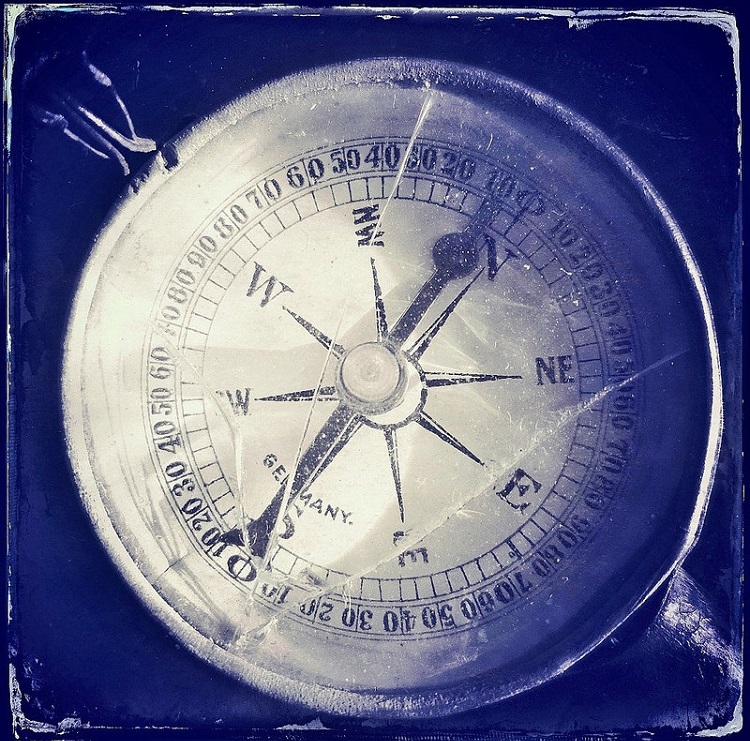
The international migration crisis has taken on several faces since its explosion on the world stage a couple of years ago. Representing the migrants’ plight, we saw Alan Kurdi, the toddler who drowned in the Mediterranean. At the other end of the power spectrum was Angela Merkel, the lone European leader to take a stand for the migrants and welcome them to her country. Cédric Herrou, a Frenchman practicing civil disobedience, may be the next familiar face.
Herrou is an olive farmer on the Franco-Italian border, and he is on trial for smuggling migrants through his hometown. If convicted, he could face up to five years in prison or a €30,000 fine.
Prosecutors dropped Herrou’s last charges of aiding migrants in October, acknowledging that he acted on humanitarian grounds. However, their generosity evaporated when he immediately resumed his activities.
“Hundreds of people come to my house, children, families, they’re good people. I’m proud to have helped them,” Herrou declared. “Helping people in distress has never been a crime.”
Herrou appears to have the support of his community. The readers of the leading local newspaper, Nice-Matin, voted him “Azuréen of the Year” (referring to the Côte d’Azur, the region where he lives), and 300 people filled the courthouse steps on the day of his trial.
Unfortunately, France does not practice trial by jury except for major offenses, so Herrou’s enthusiastic fellow citizens do not have a say in his case; he will face a three-judge panel. They are inclined to be lenient, given the moral complications of the charge and the public support for Herrou. Still, the prosecutor, Jean-Michel Prêtre, who praised Herrou as noble and seemed reluctant to represent the state in this case, had to admit that Herrou “demonstrated a manifest intention to violate the law. One can criticize it, but it’s got to be applied.” Herrou is expected to face a suspended sentence of six to eight months.
Herrou may be on trial with the state, but French migration law is on trial in the court of public opinion, and there are many precedents and opinions to be considered.
Sign up for our free newsletters
Subscribe to NPQ's newsletters to have our top stories delivered directly to your inbox.
By signing up, you agree to our privacy policy and terms of use, and to receive messages from NPQ and our partners.
France has fairly strict immigration laws but an enormous non-citizen population; about 2.5 million non-EU citizens live in France. Over half of these people come from France’s former colonies, such as Algeria, Tunisia, and Morocco, where land appropriation contributed to extended patterns of labor migration. Many migrants from these regions are fleeing the economic and political consequences of colonial mismanagement.
French state policy explicitly rejects any reference to racial, religious, and other minorities. This policy was designed to incorporate European minorities like Bretons, but now prevents France from enacting protective or explicitly inclusive policy for more distinct outsider groups, such as affirmative action. Enforced coexistence without protective measures has led to tension between diverse groups with claims on French identity, which is a strong political factor for most French citizens.
Train conductors and police officers are obliged by law to pull migrants off trains and out of cars and send them back across the border, but many say they don’t like it. “There are women and children,” said one conductor. “It’s horrible.” The conductors’ participation in Herrou’s mission is more clandestine, such as choosing not to report migrants they see smuggled onto trains; none have so far taken the openly pro-migrant stance Herrou espouses.
In addition to the stark unpleasantness of arresting people in their quest for a better life, migration enforcement personnel may be made uncomfortable by an historical comparison: During WWII, Jews were shipped from France to camps in Poland and Germany. The parallels in persecution are too recent to be missed, and Herrou and his colleagues have been compared to the Résistance network who helped hide Jews during the war.
The political future of France is heavily influenced by its citizens’ opinions about the millions of migrants approaching its borders. Marine le Pen, a far-right presidential candidate with alarmingly strong support, is firmly against people she calls “étrangers,” or foreigners. France’s nationalist leanings are echoed in Britain, Hungary, Poland, and other countries where anti-immigration candidates have seen large gains in support over the last few years. (Not to mention the United States, where the candidate who promised to “build a wall” won the presidency.)
But the lack of enthusiasm among EU leaders has not stopped or even slowed the flood of migrants from sub-Saharan Africa and the Middle East. Nearly two million migrants arrived in Europe in 2015, and the flood does not look to be slowing this year. One way or another, Europe will need to deal with these people, and with the moral complications of their situation.
The brave disobedience of Cédric Herrou and his colleagues is aimed to force France’s government (and, hopefully, others) to answer the moral questions that arise from strict anti-migration policy. For Herrou, a farmer, the answer is simple: People come to his door, and he helps them. The national answer may be a bit more complicated, but no less imperative to reach.—Erin Rubin













